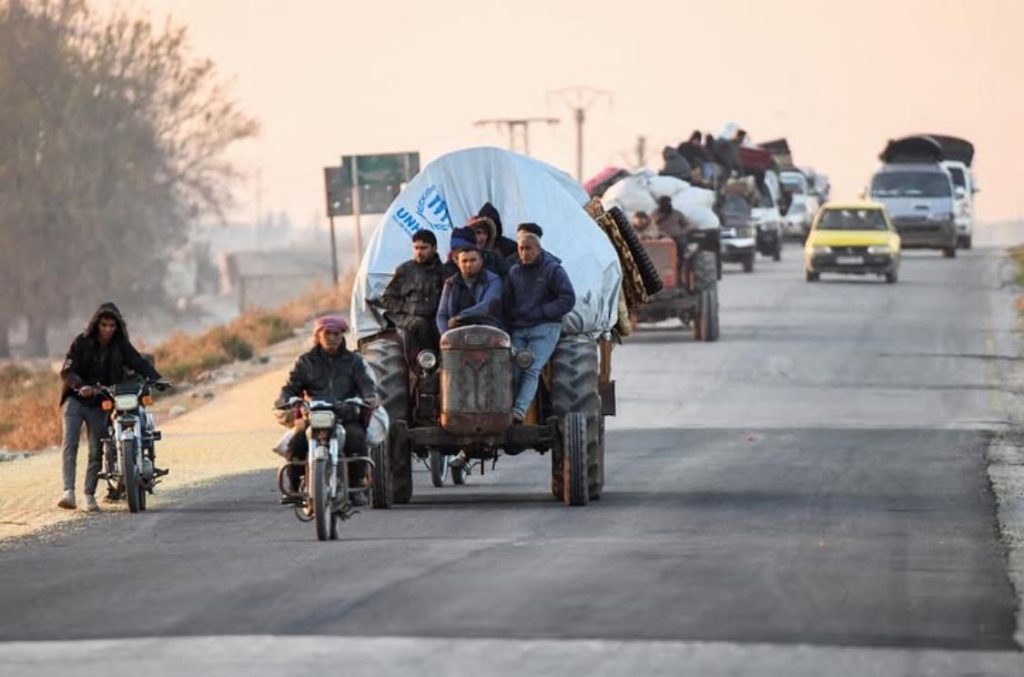The ongoing Kurdish displacement crisis in Aleppo has triggered significant concern globally. Following military operations, thousands of Kurds have faced displacement, sparking an urgent migration crisis.
Over 100,000 Kurds residing in neighborhoods such as Sheikh Maqsoud and Ashrafieh, as well as towns like Tel Rifaat and Tel Aran, are now confronting an uncertain future following the capture of Tel Rifaat by Turkish-backed Syrian National Army (SNA) factions.
This rebel advance has prompted mass evacuations as residents seek refuge in areas under the control of the Syrian Democratic Forces (SDF), a Kurdish-led group supported by the United States.
The Kurdish presence in Aleppo’s northeastern districts has been long-established, with these areas often acting as strongholds for the People’s Protection Units (YPG, Yekîneyên Parastina Gel), a military wing linked to the Kurdistan Workers’ Party (PKK), a group that has waged an enduring insurgency against Turkey.
Historical Displacement Patterns
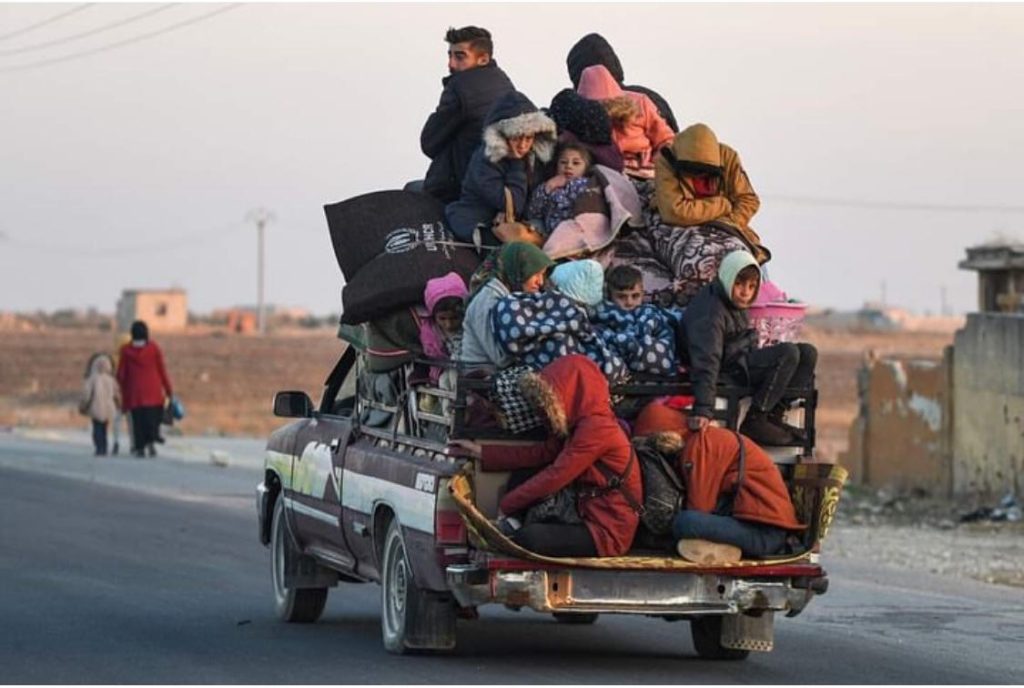

Many of the Kurds fleeing Tel Rifaat as of December 2024 are survivors of the 2018 Afrin offensive when SNA forces captured the town and displaced thousands.
Sinam Mohamad, a representative of the SDF’s political wing, highlighted the heightened danger for those who had sought refuge in Tel Rifaat, explaining that they were now being targeted by SNA forces. “To protect these displaced Afrin residents, we moved them to northeast Syria, to Tabqa,” Mohamad told Middle East Eye.
The transfer of 120,000 Kurds to Tabqa—a temporary measure—has further strained the already limited resources of SDF-held regions. Reports indicate that no mass displacement has yet been observed in Sheikh Maqsoud or Ashrafieh, but ongoing tensions threaten to disrupt this fragile stability.
The Role of Hay’at Tahrir al-Sham
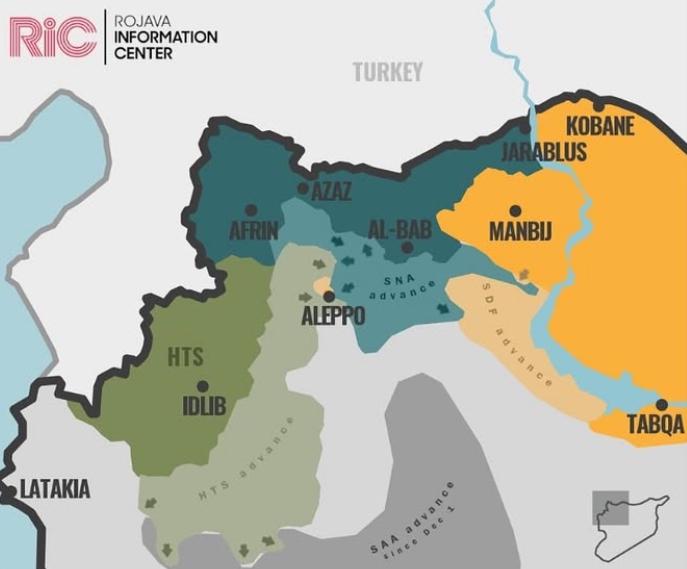

Hay’at Tahrir al-Sham (HTS), a former al-Qaeda affiliate leading the rebel push in Aleppo, has issued conflicting messages. While urging Kurdish fighters to vacate the city, HTS has called for Kurdish civilians to remain, emphasizing the supposed security and diversity benefits of a mixed population.
Nevertheless, local accounts suggest that Sheikh Maqsoud and Ashrafieh are now encircled and facing severe shortages of food, water, electricity, and internet access.
Sophie Stone, a researcher with the Rojava Information Centre, highlighted that although HTS’s promises may appear reassuring, practical conditions paint a grim picture. “There is no water, electricity or internet,” Stone told Middle East Eye.
Security Concerns and Human Rights Violations
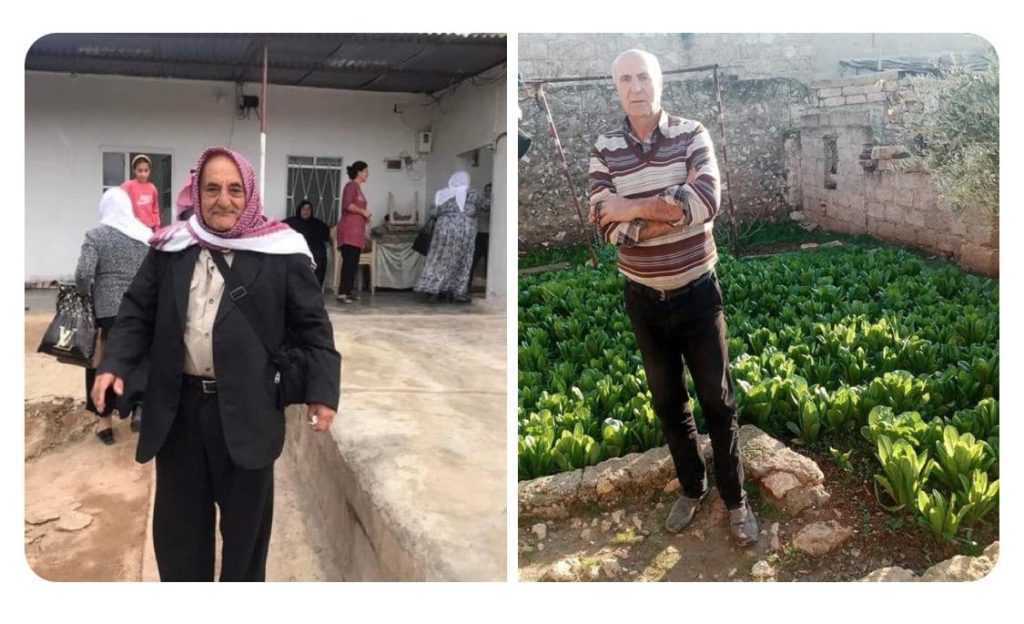

The fear among Aleppo’s Kurdish residents is compounded by the history of human rights abuses committed by SNA forces. Human Rights Watch has documented widespread violations, including arbitrary arrests, detentions, and cases of torture and sexual violence against Kurdish women.
Akram Hamo, chairman of the Syrian Kurdish cultural organization Hevi, noted that the fate of individuals tied to the Democratic Union Party (PYD, Partiya Yekîtiya Demokrat), the political arm of the YPG, remains particularly precarious.
“People were promised safety before, but in practice, they were arrested, tortured, and displaced,” Hamo told Middle East Eye.
Analysts like Nicholas Heras from the New Lines Institute have underscored the critical juncture Aleppo’s Kurdish community faces.
Heras emphasized that the YPG must decide whether to hold its ground or withdraw to safer territories in northeast Syria. “There is a real risk that the long-running Kurdish presence in Aleppo could disappear,” Heras told Middle East Eye, pointing out that Turkey-backed rebels view the YPG as synonymous with the PKK, making coexistence untenable.
What Lies Ahead for Aleppo’s Kurdish Enclaves
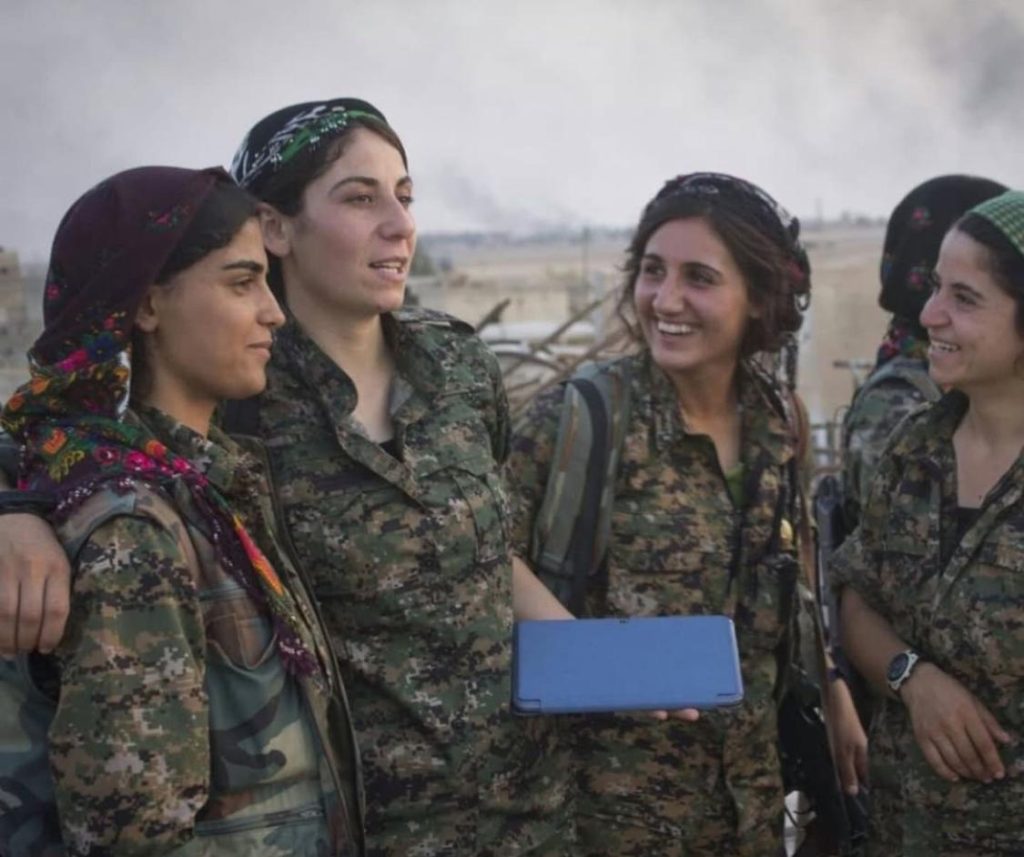

Despite these challenges, SDF Commander-in-Chief Mazloum Abdi reassured that his forces would continue to protect Kurdish neighborhoods in Aleppo.
Yet, with the SNA and HTS pressing forward and threats of violence against Kurdish civilians escalating, Aleppo’s future remains uncertain. Human rights advocates and local leaders alike stress the need for sustained international attention to safeguard the region’s diverse communities.
As the situation evolves, Aleppo’s Kurdish residents face a precarious battle for survival, with hopes pinned on both local defense efforts and broader international support.
To donate to the displaced individuals and families, visit The Kurdish Red Crescent (Heyva Sor a Kurd).
WE ALSO SAID: Don’t Miss…Rebels Seize Control, Civilian Lives at Risk


